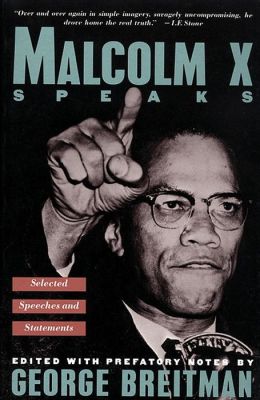
In Big Brother, Mark Dice details actual high-tech spy gadgets,
mind-reading machines, government projects, and emerging artificial
intelligence systems that seem as if they came right out of George
Orwell’s novel Nineteen Eighty-Four. Orwell’s famous book was first
published in 1949, and tells the story of a nightmarish future where
citizens have lost all privacy and are continuously monitored by the
omniscient Big Brother surveillance system which keeps them obedient to a
totalitarian government. The novel is eerily prophetic as many of the
fictional systems of surveillance described have now become a reality.
Mark Dice shows you the scary documentation that Big Brother is watching
you, and is more powerful than you could imagine. Surveillance Cameras -
Global Positioning Systems - Radio Frequency Identification - Mind
Reading Machines - Neural Interfaces - Psychotronic Weapons -
Information Technology - Orwellian Government Programs - The Nanny State
- Orwellian Weapons -Artificial Intelligence -Cybernetic Organisms – A
Closer Look at 1984 – Social Structure - The Control of Information -
Perpetual State of War - The Personification of the Party - Telescreens -
A Snitch Culture - Relationships - A Heartless Society - Foreign
Countries Painted as Enemies - Power Hungry Officials - An Erosion of
the Language - Double Think -And More!










